Open a Trust Account for Property Management
Having a proper trust account and accounting software like Clearing, helps you to manage your finances efficiently, automate rent collection, collect online payments, make payments for expenses, and avoid any legal issues that may arise.
June 21, 2023
Corey
.png)
Trust is essential when it comes to both estate planning and property management.
That's why it's important for any property manager or rental owner to have an estate plan or a trust account in place to safely manage and store their funds. But how do you set up a trust account in the first place?
Well, the good news is that it’s not as complicated as you may think. In this article, we'll cover all of your questions on how to open a trust account for property management. We'll discuss everything from the basics of trust accounts, to the steps you need to take to get started.
We'll even touch on some tips and tricks that can help you get the most out of your trust account.

What Is a Trust Account for Property Management?
A trust account for property management is a financial instrument that protects the assets of both the property owner and the tenant. Put simply, it's a bank account with the sole purpose of storing any funds relating to a rental property asset, such as security deposits and or future booking revenue.
When setting up your trust account, you'll want to get familiar with the laws and regulations governing these accounts in your state. Depending on state laws and where you live, there may be additional requirements that need to be met before opening a trust account.
For instance, some states may require that you obtain a surety bond or deposit a certain amount of money into the trust fund or account before you can begin operations. Additionally, you'll need to choose financial institutions that offer trust account services and have sufficient FDIC Insurance coverage.
Once your trust account is set up, all payments made to the trustee or property manager will be deposited into it. This ensures that all personal identification and funds related to the rental property are held in one secure place and are not commingled with other personal or business funds.
Why are Trust Accounts Important?

Trust accounts are essential for property owners and managers, as they ensure funds are being properly held for rental payments, tenant deposits, and any other funds that may come up during reservations or tenancies. Your trust account also ensures that monies received from tenants related to one property, and those paid to other parties for different assets, will be kept in a separate accounts.
This way, you can track your rental income and expenses more easily. With the help of a trust account, property managers and rental owners can make sure that their rental funds and assets are safe, secure, and accounted for at all times. Furthermore, trust accounts provide an extra layer of security in case there’s ever an issue with a tenant or issue with the building itself - it’s easier to track where the money is going and ensure it’s being used properly with a trust account.
A trust account also makes sure there is a paper trail when it comes to tenant deposits so no questions will arise when it comes time to return them at the end of the tenancy. The important thing is to make sure you’re keeping accurate records of all transactions so you can stay compliant with local laws.
What Documentation Do You Need to Open a Trust Account?
The paperwork behind opening a trust account for property management is often where things get complicated—but with Clearing, it doesn't have to be. Here are the documents you'll need to open your trust account:
- Proof of identity - You will need to provide a form of photo ID and proof of your address.
- Anti-Money Laundering - Most jurisdictions require you to provide an AML check in order to open a trust account.
- Bank account details - You'll need to provide the details of the bank account associated with your trust account so that transactions can take place seamlessly and securely, with no delays in fund transfers or payment processing. Clearing's platform can help make this process easier, by letting you manage this quickly and efficiently within the app.
- Landlord/tenant agreement - You may also need to provide a copy of the landlord/tenant agreement as this will outline who is responsible for what when it comes to making payments and managing funds from your trust account in their respective capacities.
Once you have all this additional documentation, opening a trust account online is really straightforward — having all these documents on hand before you start ensures that the process will be smooth and stress-free!
Types of Trust Accounts You Can Use
When it comes to trust accounts for rental properties, there are several options to consider. While the availability and specific names may vary depending on your bank or financial institution and location, here are a few common types of trust accounts used in real estate transactions:
- Sole Purpose Account: This type of account is specifically designed for holding trust funds associated with rental properties. It helps ensure that the funds remain separate from other accounts or personal finances. To open a Sole Purpose Account, you may need to provide a statement of purpose that outlines the intended use of the funds.
- High-Yield Savings Account: A high-yield savings account can be an alternative option, offering competitive interest rates on the balance of your account. Unlike a Sole Purpose Account, a high-yield savings account typically does not require a statement of purpose. This type of account can be suitable if you plan to hold onto the funds for an extended period rather than making frequent withdrawals or deposits.
- Certificate of Deposit (CD) Account: A CD account is another option that may provide higher interest rates compared to regular savings accounts. It offers guaranteed returns on investments, but typically involves longer terms (such as 1-5 years or more) and early withdrawals may incur substantial penalties. Consider the term and liquidity needs of your rental funds before choosing a CD account.
Remember, it's essential to consult with your financial institution to understand the specific types of trust accounts they offer, their requirements, and any associated fees or restrictions. This will help you choose the most suitable account for managing your rental income and property funds effectively.
What to Include in the Trust Agreement?

So, you've decided to open a trust account—that's awesome! There are a few things that you need to include in your trust agreement before getting started.
Details of the Trust
The trust agreement is a legal arrangement sort of like a contract between you and your homeowner or tenant. It should include any details about the original trust agreement itself, such as:
- The name of the trust
- Your name (the trustee) and the tenant or homeowner’s name (the trust's beneficiaries)
- The amount of money the tenant or homeowner owes you when starting out
- An agreed date for when the funds are due
- Any other relevant details associated with rental agreements, such as maintenance costs, late fees, minimum balances, and/or penalties.
Rules for Managing Funds
Your own trust fund and agreement should also include rules for how you'll manage funds. For example, state whether you require homeowners to deposit a minimum balance directly into your trust fund or account. Additionally, be sure to specify how and when funds will be transferred back to homeowners if there is a surplus or credit in their account.
Having written trust documents and outlining these details ensures that all parties understand their rights and fiduciary responsibilities when it comes to managing trust accounts and other assets. Establishing these expectations upfront prevents any confusion down the line, so make sure your trust agreement is clear and comprehensive.
Opening a trust account for property management can be a daunting task. However, when done right, it can save a lot of time and effort. Taking the time to research your options and compare them can help you find the best solution for your rental business. Choose an account structure and type that offers flexibility, security, and convenience, so you can focus on taking care of your rental property and growing your business, and spend less time on financial management.
For more information on trust accounting in general, get in touch with Clearing today!
Clearing is a Financial Technology Company, not a bank.

.png)
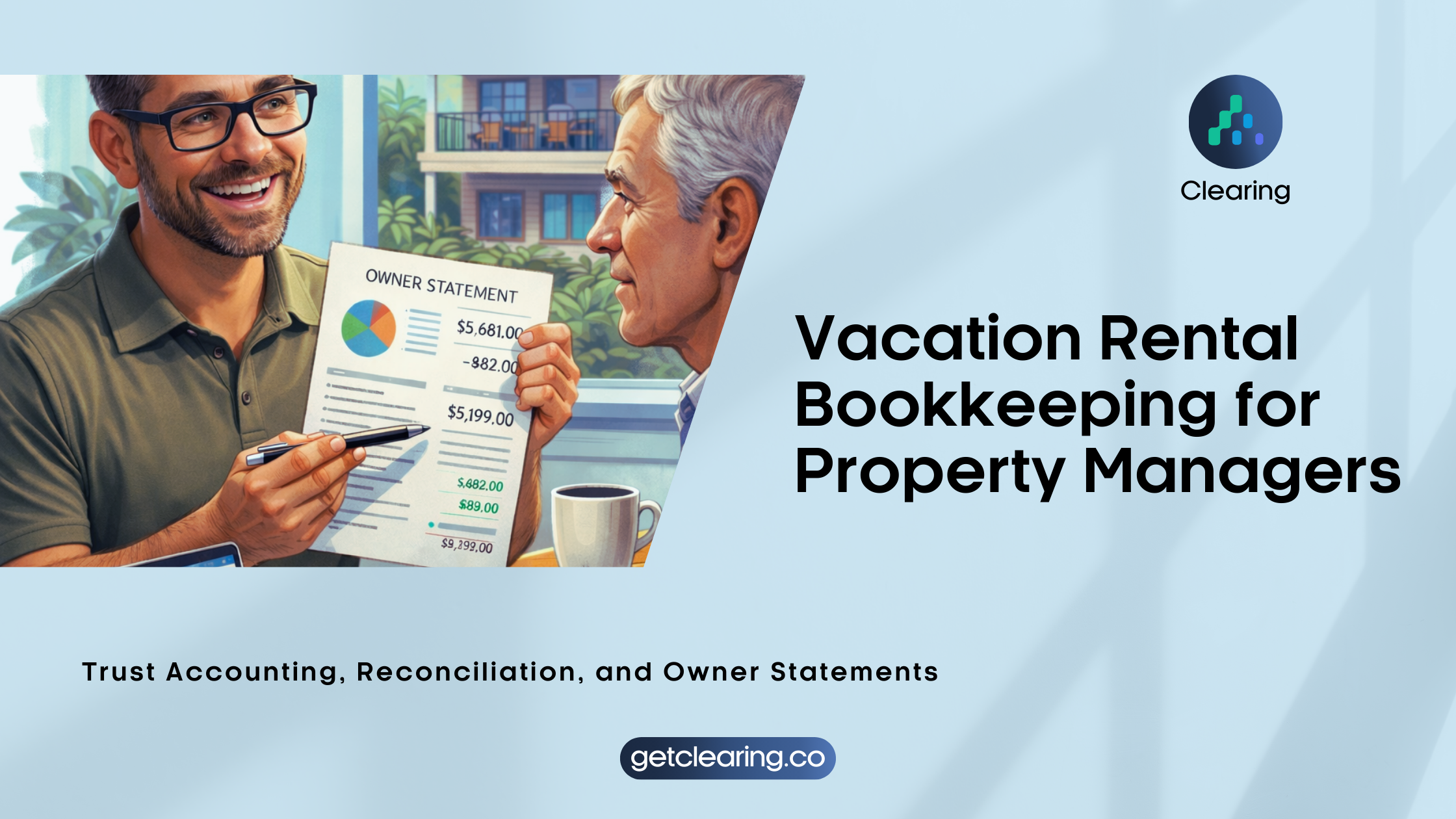
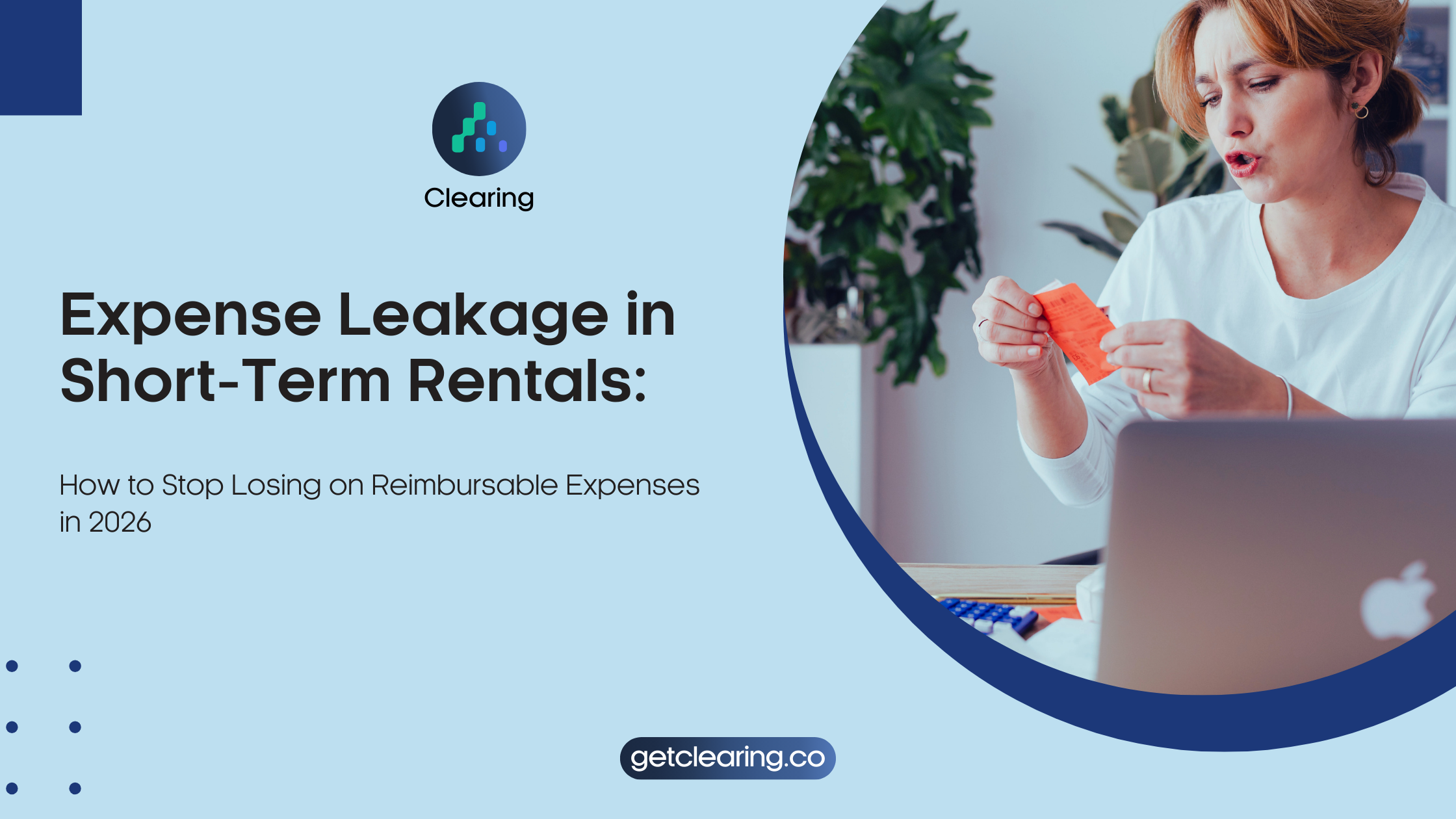


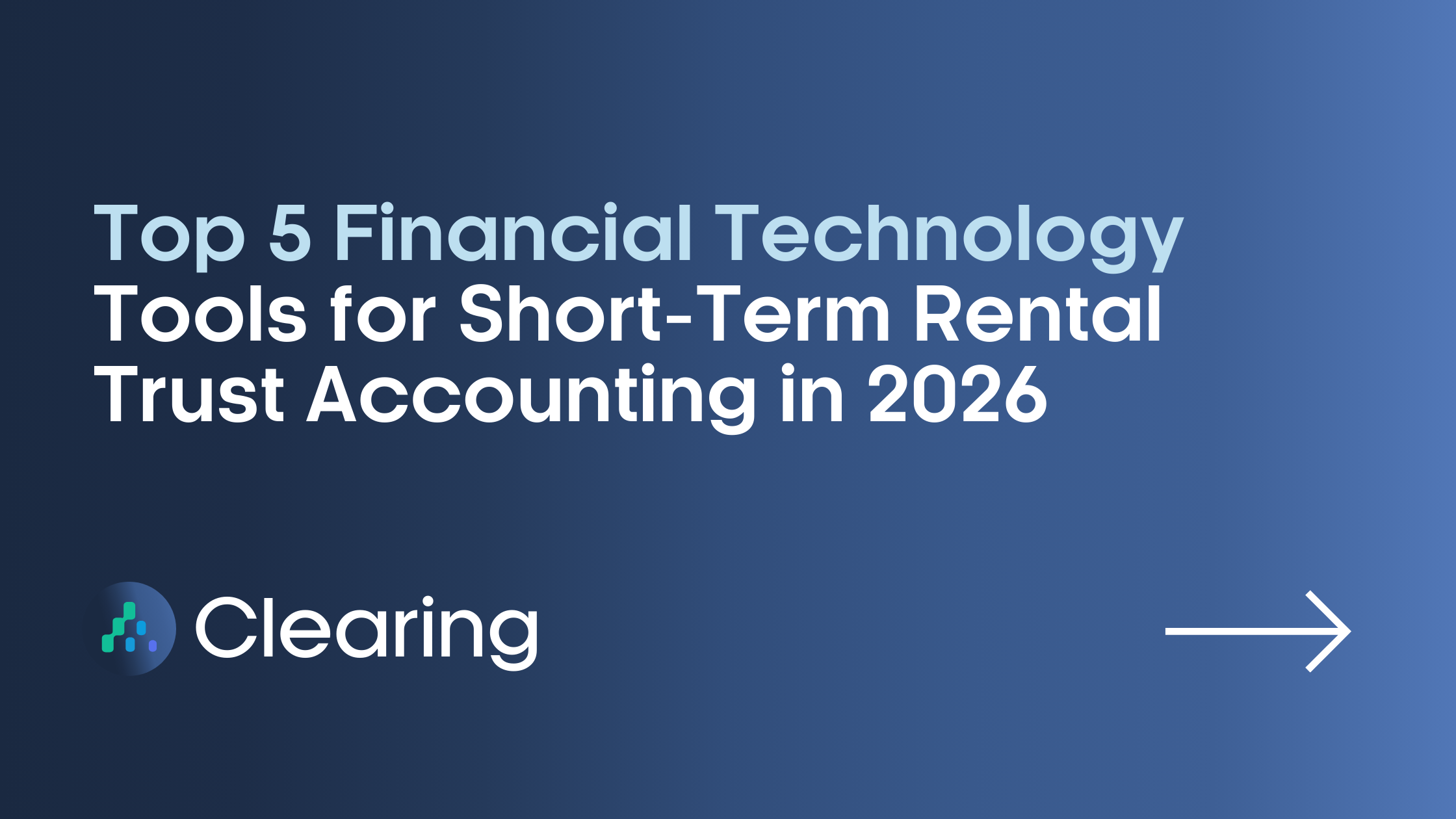
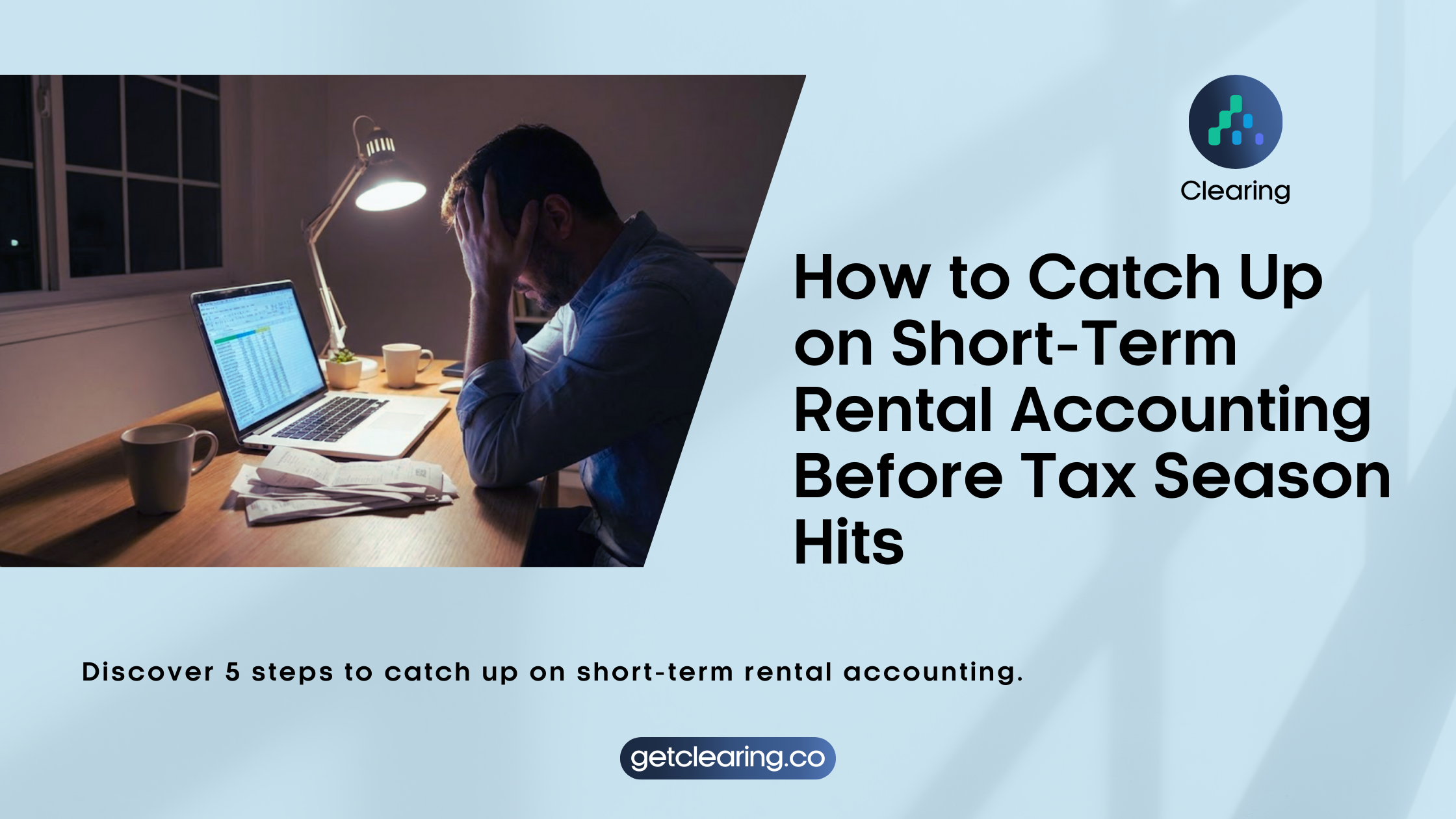
.png)
.png)
.png)
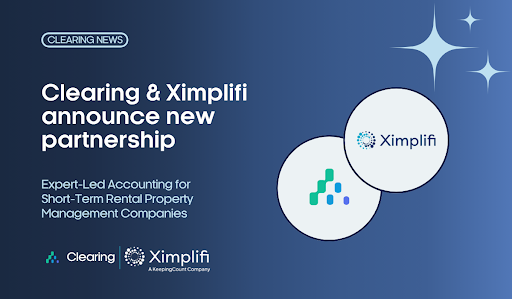
.png)
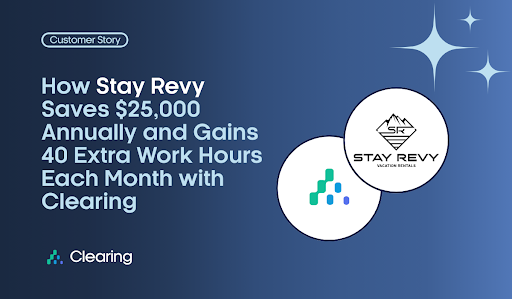
.png)
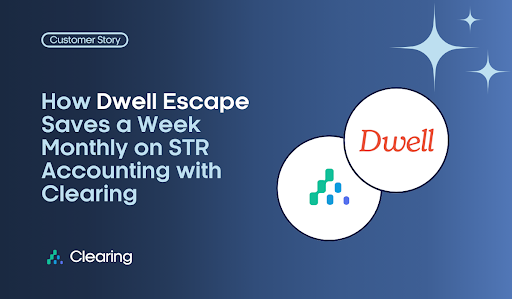
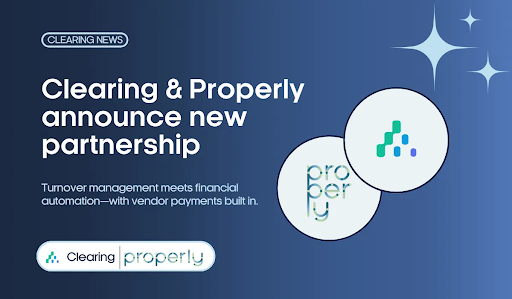
.png)
.png)
.png)
%20(1).png)
%20(1).png)
%20(1).png)
.png)
%20(2).png)
%20(1).png)
%20(1).png)
.png)

.png)
.png)
.png)
%20(1).png)
.png)
.png)
.png)
.png)
.png)
.png)
.png)
%20(1).png)
.png)
.png)
.png)
%20(1).png)
%20(1).png)
%20(1).png)








.jpg)
%20(1).png)
%20(1).png)
%20(2).png)
%20(1).png)

%20(1).png)
%20(1).png)
%20(1).png)



%20(1).png)
%20(1).png)
%20(1).png)
%20(1).png)
%20(1).png)


%20(1).png)
%20(1).png)
%20(1).png)
%20(2).png)
%20(2).png)



%20(2).png)


%20(2).png)
%20(1).png)
.png)


%20(2).png)
%20(2).png)

.jpg)
.png)
.png)
.png)



.png)